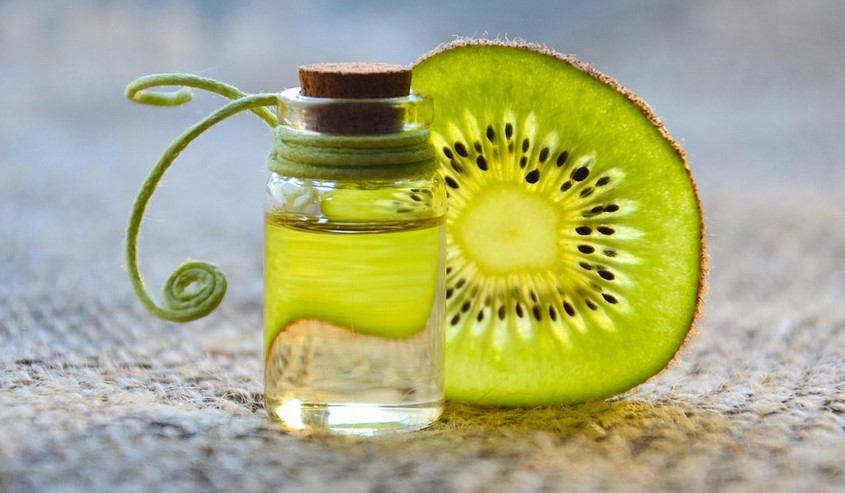Introduction
As a new parent, you may be concerned when you notice an odd smell coming from your baby’s mouth. While it may be alarming, it’s important to understand that this is a common issue that many parents face. In this article, we will discuss the possible reasons why your baby’s breath may smell and what you can do about it.
Possible Causes
1. Formula or Breastmilk
The food your baby consumes can affect their breath. Formula-fed babies may have a slightly different smell to their breath than breastfed babies. This is because formula has a different composition than breast milk, and can cause different bacteria to grow in the mouth. However, both formula and breastmilk can cause milk residue to build up on your baby’s tongue and gums, leading to bad breath.
2. Teething
When your baby is teething, they may drool more than usual. The excess drool can create a moisture-rich environment in the mouth, which can lead to bacteria growth and bad breath.
3. Mouth Breathing
If your baby has a stuffy nose, they may breathe through their mouth instead of their nose. This can cause dryness in the mouth, which can lead to bad breath.
4. Oral Thrush
Oral thrush is a common fungal infection that can occur in babies. It can cause a white coating on the tongue and inside the mouth, which can lead to bad breath.
5. Gastroesophageal Reflux Disease (GERD)
GERD is a digestive disorder that can cause stomach acid to flow back into the esophagus. This can cause a sour taste in the mouth and bad breath.
What You Can Do
1. Clean Your Baby’s Mouth
After every feeding, use a soft cloth or gauze to clean your baby’s tongue and gums. This can help remove any milk residue and bacteria that may be causing bad breath.
2. Hydrate Your Baby
Make sure your baby is getting enough fluids to prevent dry mouth, which can lead to bad breath.
3. Address Teething
If your baby is teething, use a clean cloth to wipe away excess drool and consider using a teething ring to help soothe their gums.
4. Consult with Your Pediatrician
If you suspect your baby may have oral thrush or GERD, it’s important to consult with your pediatrician. They can provide a diagnosis and recommend treatment options.
Conclusion
While bad breath in babies can be concerning, it’s usually not a serious issue. By understanding the possible causes and taking steps to address them, you can help keep your baby’s breath smelling fresh and clean.

